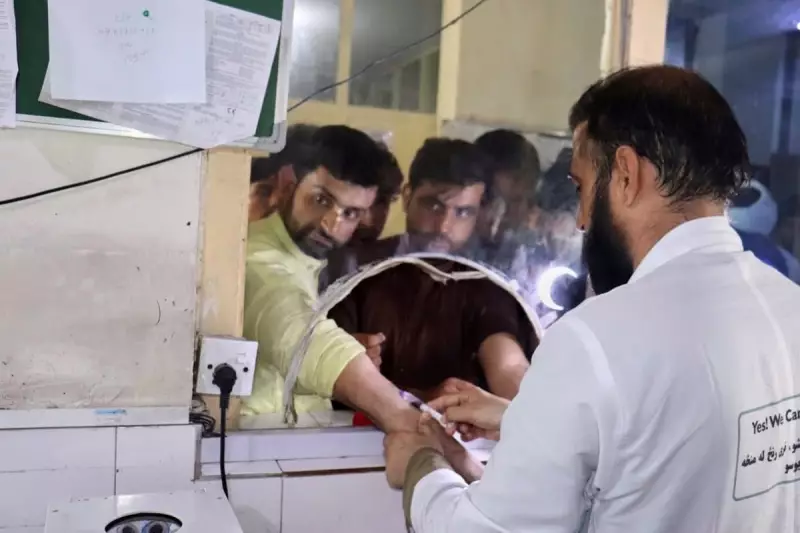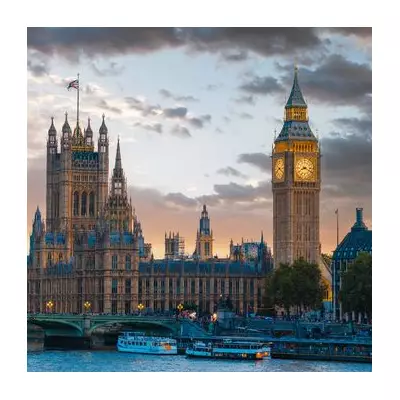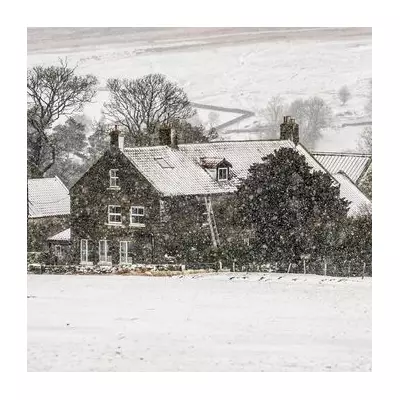
A severe earthquake, measuring a magnitude of 6.5, has struck eastern Afghanistan, sending powerful tremors across the region and causing significant destruction. The epicentre was located in the mountainous Hindu Kush region, near the city of Jalalabad and the province of Kunar.
The quake's impact was felt across a vast area, with shaking reported as far away as Pakistan's capital Islamabad, parts of India, and even Tajikistan. The depth of the earthquake, estimated at over 180 kilometres, contributed to the wide geographical spread of the tremors.
Initial Reports Point to Significant Damage
Early reports from the affected regions indicate substantial damage to infrastructure. "Buildings have been damaged, and there are fears that people are trapped under rubble," a local official was quoted as saying. The remote and rugged terrain of the area is severely hampering rescue and relief efforts, making it difficult to assess the full scale of the disaster immediately.
Casualty Figures Begin to Emerge
While a comprehensive casualty count is still underway, initial communications from local authorities confirm that there have been fatalities and numerous injuries. Hospitals in Jalalabad are reportedly receiving a steady influx of those injured by collapsing walls and falling debris.
The earthquake strikes a region already grappling with a severe humanitarian crisis, raising concerns about the capacity of local services to respond effectively to this new emergency. International aid agencies are monitoring the situation closely.
A Region Familiar with Seismic Activity
The Hindu Kush mountain range is one of the most seismically active regions in the world, frequently experiencing earthquakes due to the collision of the Indian and Eurasian tectonic plates. This geological activity makes large tremors a recurring threat to populations in Afghanistan and Pakistan.
Authorities are urging residents to remain outdoors if they feel aftershocks and to check on vulnerable neighbours as the situation develops.





